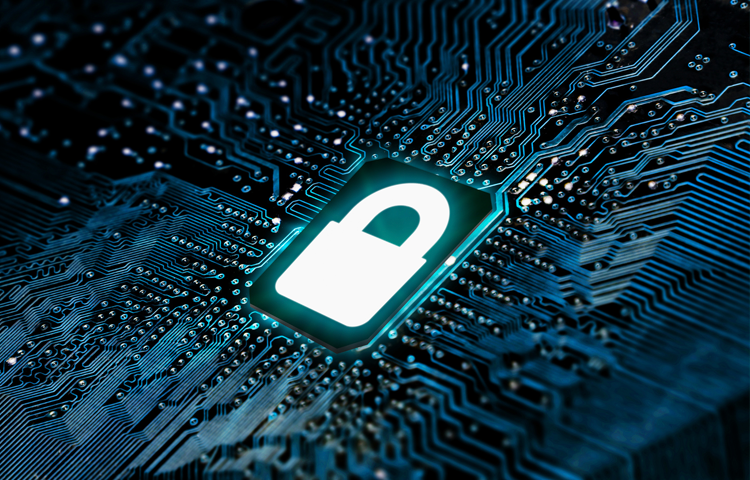

Prefer to listen instead? Here’s the podcast version of this article.
Blockchain is both private and secure at the same time. That may seem like an oxymoron, but it’s quite attainable. That’s why blockchain is the technology of the future. Many are looking toward tomorrow in the hopes that this technology will continue to spread, becoming the norm for financial transactions.
But how are blockchain services both private and transparent? How does this technology balance two opposing concepts to create a safe and open financial system?
Blockchain is a ledger that exists digitally. It is a public record of digital transactions, typically having to do with cryptocurrencies like Bitcoin or Ethereum.
But the excitement around blockchain extends beyond the reach of the crypto world. Many see this ledger system as a way to increase the personal security of shoppers and hold businesses accountable for their actions.
Let’s start off with privacy.
Blockchain services protect your identity by covering it up with strong and uncrackable cryptography. This means that individual users cannot be linked to public blockchain addresses. This makes it more difficult for cybercriminals to access your information and keeps your transactions 100% private.
So, how then is this service transparent in any way?
Every blockchain user is assigned a public address that in no way identifies them. These public addresses are completely open, so anyone can view these holdings and transactions at will. This is an unprecedented level of transparency in the financial world. Before blockchain, nothing like this had ever existed and it stands to change everything.
One of the key benefits of blockchain’s transparency is that it allows consumers to hold the businesses they work with accountable for their spending.
This is especially true for banks, credit unions, and other large financial institutions. Before blockchain, these finance powerhouses were able to anonymously do anything they wanted with the funds of their account holders.
When one looks at the causes of the United States Great Recession of 2008, the improper use of customer funds by financial bodies was one of the main contributing factors to the near collapse of the entire American economy. Blockchain forces these same businesses to act within the light of day, shining a spotlight of truth on their decisions and practices.
Blockchain services allow us to utilize smart contracts, which could replace lawyers and intermediaries in the future. The decentralized nature of the service extends to all parties in a contract negotiation, meaning that no third party is required to oversee the transaction.
With a smart contract, users can create agreements for the exchange of property, financial shares, and money in a risk-free, cost effective, and infinitely faster way.
Smart contracts are executed completely on block chain. The terms of the agreement are entered onto the ledger as code. Blockchain stores all funds in escrow until the terms are fulfilled. Once a triggering event occurs, such as an agreement or expiration date, the contract executes automatically, transferring funds, property, or anything else of value in a secure and trackable way.
Financial movement isn’t the only area in which blockchain’s secure transparency can come into play. Users can take advantage of the service to track products along the supply chain.
Not only can this be useful to track purchased products on their way to you, but through blockchain you can see every step taken to create the product, even before you have purchased it.
Consumers would never have to worry as to whether or not their clothing was produced in some sweat shop by slave laborers. Through the power of blockchain, they would know exactly where it came from and how it was made. That extends to edible products as well. Users will be able to see whether or not their “organic” cheese is actually organic by tracking its production through blockchain.
Not only is this great news for consumers, but it also allows retailers to do some research on the companies they buy from to ensure that their production practices are on the up and up.
Blockchain has a number of added benefits in the arena of healthcare. For starters, it helps the industry fight back against the counterfeit medication market through the service’s aforementioned ability to track products.
But the real power of blockchain when used in conjunction with healthcare is the database itself. By migrating a patient’s medical record onto a blockchain, it is assured that everyone can access their medical records whenever they want them.
If you’re vacationing abroad and you have some kind of emergency that requires medical care, it can be a real ordeal to obtain your records in a timely manner. But using blockchain’s decentralized network, getting your medical records whenever and wherever you might be is a snap. The nature of blockchain will also ensure that a patient’s private information remains private, utilizing the same advanced cryptography that protects financial transactions.
While widespread adoption of blockchain is still years away, consumers can look toward the future of the financial world with renewed hope. The belief that in order to have security one must surrender privacy is proven to be a myth through the existence of blockchain.
WEBINAR